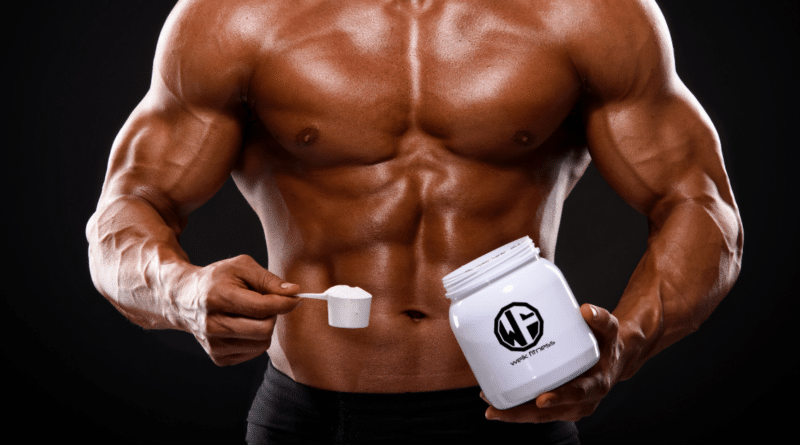Creatine HCl: Maximizing Absorption & Enhanced Bioavailability
Let’s start off the article on the same page… there’s no shortage of creatine supplements out there, and creatine HCl is no exception. The unfortunate part is trying to navigate your way to finding a creatine supplement that maximizes your performance and provides you with the results you desire.
That’s where we’re heading with this article. I want to give it to you straight and but out all the BS. That being said, if you want an inexpensive creatine, there’s nothing better than creatine monohydrate. But if you want to increase the quality and absorption, creatine HCl can get the job done.
Creatine is one of the most researched supplements on the planet.
Diving deep into research, I uncovered something fascinating when I was looking at different forms of creatine: our bodies are able to absorb up to 60% more creatine HCl compared to the commonly used creatine monohydrate.
Related Article: Creatine Nitrate — A Superior Choice for Lifters & Athletes
This discovery sparked my interest and led me down the rabbit hole — could this be the secret to maximizing muscle growth without the dreaded bloat often associated with other forms?

My journey not only provided an answer but also equipped me with knowledge on how to make an informed decision when choosing a supplement designed for genuine muscle gains and improved performance.
In this article, we are going to talk about everything creatine HCl and how it compares to creatine monohydrate. While the body produces creatine and stores creatine, to get enough, you’re definitely going to want to use a supplement.
If you’re ready for insights that could change the direction of your fitness journey, let’s dive into it!
Table of contents
Key Takeaways
- Creatine HCl is more easily absorbed by the body than creatine monohydrate, requiring smaller doses for effectiveness.
- This form of creatine reduces the chances of bloating and stomach discomfort, making it a good option for those looking to stay lean while improving muscle power and recovery time.
- Mixing well with water or pre-workout drinks without leaving a gritty residue, Creatine HCl offers convenience and versatility in supplement routines.
- Daily consumption of 2-5 grams post-workout combined with carbohydrates and protein enhances absorption, supporting muscle growth and faster recovery from high-intensity workouts.
Disclaimer: This article is for informational purposes only and is not meant to treat or diagnose any condition. It is recommended that you speak with your doctor before starting any exercise program, changing your daily nutrition, or adding any supplements to your regimen.
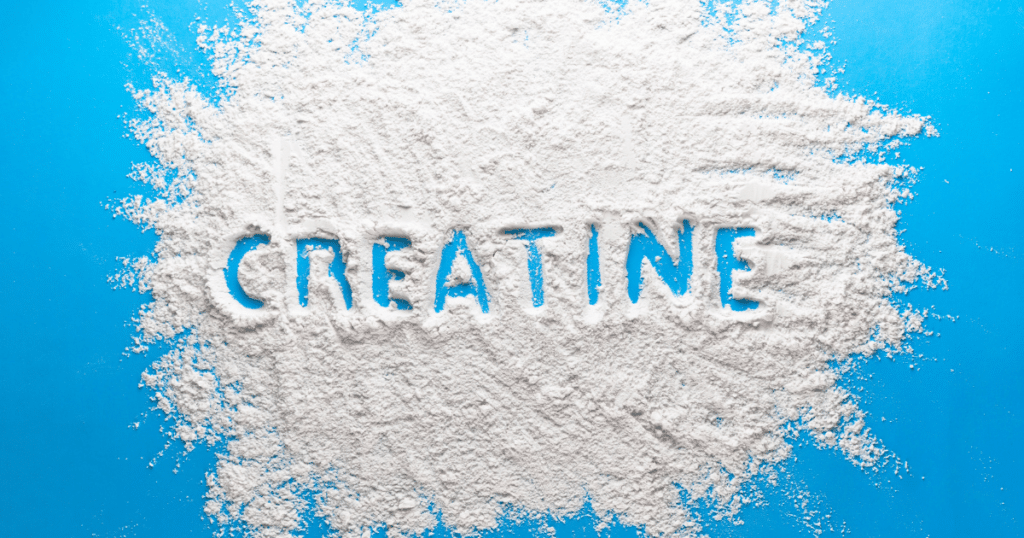
Exploring Creatine
Let’s dive deeper and learn about creatine, its various forms, and how it impacts your fitness journey. Discover the differences between creatine HCl and monohydrate through our critical comparison.
Defining Creatine
Creatine is a substance our bodies naturally make. It gives energy to our muscles and helps them work better, especially during quick and intense activities (anaerobic activities). We can also get creatine from foods like fish and meat.
Besides natural sources, many people use supplements to get extra creatine for building muscle, increasing strength, and improving exercise performance. Research has also found that creatine can go beyond the gym and be beneficial for brain health.
The science says creatine has special powers for short bursts of high-power moves or exercises. This might be why it’s so popular in sports that need a quick punch of energy. Now, let’s look at why not all creatine supplements are the same.
Comparing Creatine HCl and Monohydrate
I’ve spent quite a bit of time experimenting with different supplements to boost my training results. Through this journey, I’ve dug deep into the world of creatine — including both creatine monohydrate and creatine hydrochloride (creatine HCl). Creatine helps with so many things that it only makes sense that everyone includes it in their supplement regimen.
Specifically, I’ve looked into the differences between creatine HCl vs monohydrate and the effects of creatine based on the source.
Both dietary supplements have their unique benefits, but it’s the details that make all the difference.
Here’s a straightforward comparison to help you understand which might fit your goals better.
| Aspect | Creatine HCl | Creatine Monohydrate |
|---|---|---|
| Solubility | Exceptionally high; 38 times more soluble in water than monohydrate. | Lower solubility in water, which can affect absorption rates. |
| Absorption | Superior absorption rate. Smaller doses are required for effectiveness. | Good absorption but often requires a loading phase for maximum effectiveness. |
| Side Effects | Lower chances of bloating and stomach discomfort. | May cause bloating and gastrointestinal issues in some individuals. |
| Dosage | Smaller doses due to higher solubility and absorption. | Larger doses are needed (around 5 grams), especially during the loading phase. |
| Efficacy | Effective for increasing muscle strength and size with less product. | Proven track record of effectiveness over decades but requires consistent, higher dosing. |
Through my experience, I found that creatine HCl worked better for me, especially because I’m not a fan of feeling bloated. Creatine supplementation may cause bloating as a side effect, regardless of the type. That said, monohydrate tends to bloat more people. The fact that I could take smaller doses by supplementing creatine HCl made it more appealing, though.
I’ve supplemented with creatine for well over a decade now, and I’ve never really had any major side effects that I could notice. Perhaps a little bloating that the use of creatine may cause, but that’s it.
That said, do I still take creatine monohydrate powder from time to time because of the benefits of creatine monohydrate? Absolutely. There’s nothing wrong with it in my eyes. Which creatine is best? That’s very personalized to each individual. Creatine monohydrate may not work for you and support ATP levels (adenosine triphosphate) in the muscle cells. But you don’t know until you try it out.
It’s fascinating to see how a slight change in the creatine molecule can impact performance and health and how our bodies react to it. Similar to how people swear by another form of creatine, this one being kre-alkalyn.
Now, let’s look into why the enhanced absorption and bioavailability of creatine HCl might just be the game-changer you need for your fitness goals.
Do you want to try the power of creatine HCl for yourself? Give one of the below a try!
· Con-Cret
The Power of Creatine HCl for Absorption and Bioavailability
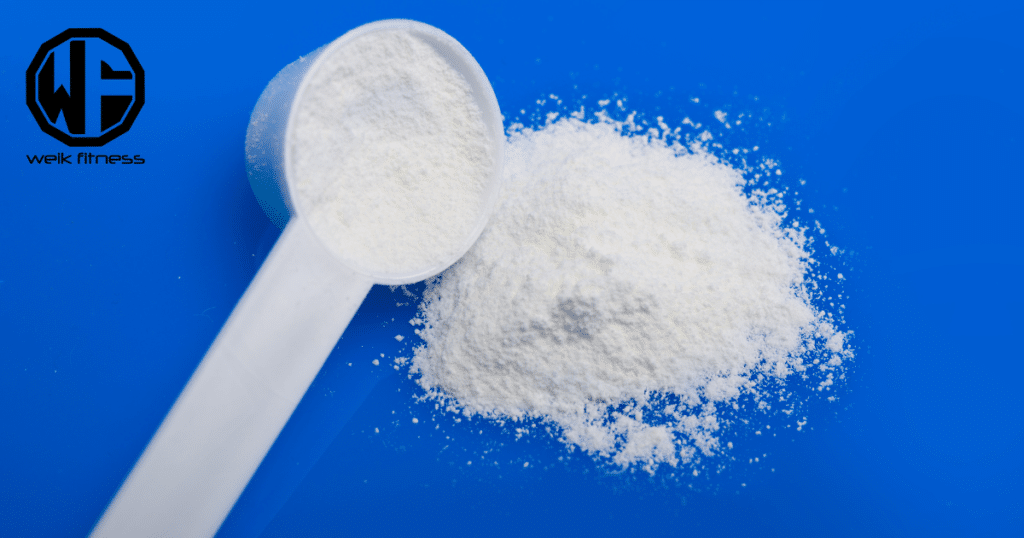
Creatine HCl enhances absorption and bioavailability — there’s no doubt about it. It also offers advantages for athletic performance. Are there potential drawbacks? Sure, but optimal usage guidelines mitigate them.
The Advantages of Creatine HCl
I’ve found that creatine HCl really stands out from other forms like micronized creatine monohydrate. Its biggest perk? The body absorbs it faster, and it’s a concentrated creatine. This means I can take it closer to my workout time and still get all the benefits, like boosted muscle power and quicker recovery between sets.
And because it’s so efficient, I don’t need as much of it. A smaller dose does the job, cutting down on any chance of feeling bloated or puffy — a big win for anyone trying to stay lean.
Another thing I love about creatine HCl is how it mixes with water or my favorite post-workout and pre-workout drink without leaving any gritty residue. It’s virtually flavorless, too, which makes it super easy to incorporate into any supplement routine without altering the taste of your beverages.
Plus, since starting on creatine HCl, I’ve noticed significant improvements in my strength and sprints thanks to better energy storage in my muscles and less fatigue after high-intensity workouts.
For me, choosing creatine HCl over other types has been a game-changer for hitting new personal records (PRs) at the gym and recovering faster afterward while also being a great form of energy to fuel intense workouts.
Potential Drawbacks of Creatine Use
Potential drawbacks of creatine use include the risk of gastrointestinal discomfort and potential side effects, which I’ve found to be less common when compared to creatine monohydrate.
Another factor is that creatine HCl is considerably more expensive than creatine monohydrate. So, if you want to stretch your dollar further, creatine HCl may not be the right choice for you.
It’s essential to weigh these factors before considering supplementation, ensuring that it aligns with individual health goals and needs.
Understanding common questions and misconceptions about creatine can also help make informed decisions.
Selecting the Ideal Creatine for Your Fitness Goals
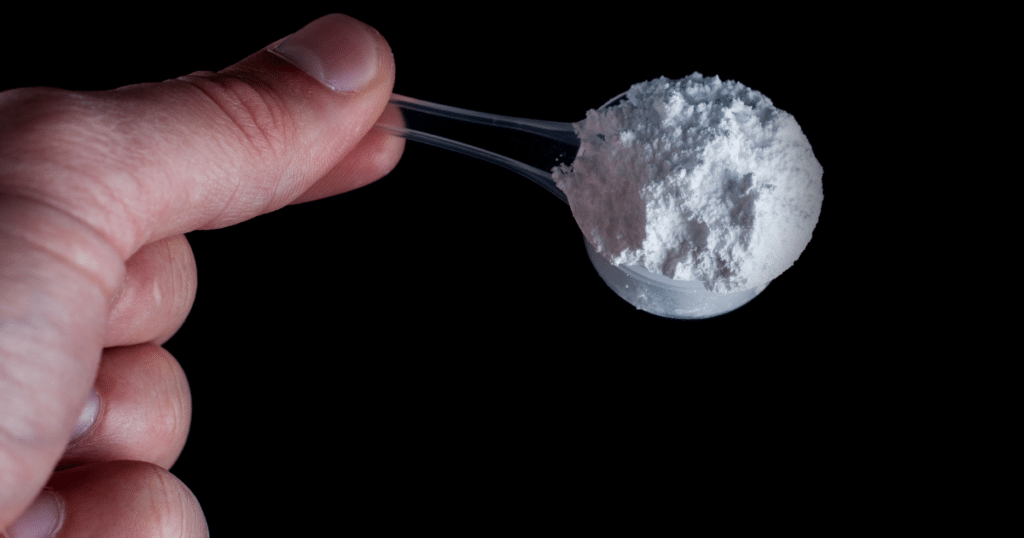
When selecting the ideal creatine for your fitness objectives and goals, consider its form and recommended dosage. Look at the product’s suitability for athletic performance and muscle recovery. Is it what you want and need?
Understanding how it can enhance muscle protein synthesis and aid in increasing lean muscle mass is key to getting a better picture of what the source of creatine, such as creatine HCl, can do for you.
Customized for Athletic Performance
When it comes to athletic performance, tailored creatine supplementation is essential for maximizing results. The right form of creatine, like creatine HCl, provides enhanced bioavailability and increased absorption for prime muscle function during high-intensity workouts.
This means faster recovery, improved strength, and power output — all adding up to elevated athletic performance.
Creatine’s ability to enhance overall athletic performance has been meticulously studied by sports nutrition experts.
Through my first-hand experience and exploration of the ever-evolving realm of sports supplements, I have found that creatine HCl stands out as a solution designed to unlock the secrets of peak physical conditioning.
Optimal Usage of Creatine HCl
- Consume 2-5 grams of creatine HCl daily.
- Take it post-workout with a carbohydrate and protein source to enhance absorption.
- Drink plenty of water throughout the day to support its effectiveness.
- Consider a loading phase with 20 grams per day for 5-7 days, followed by a maintenance phase of 3-5 grams per day thereafter. That said, research has shown that there’s no need to load creatine, and the creatine will be stored in the skeletal muscle over time.
The beneficial usage of creatine HCl lies in its daily consumption, especially post-workout with proper hydration and possible loading phases under professional guidance.
Proper use of creatine can help provide energy during exercise and intense physical activity and get you primed for gains.
Suggested Dosage Guidelines
As a general guideline, healthy adults should aim to consume 3-5 grams of creatine per day (regardless of the type).
This dosage is well tolerated and has been shown to effectively increase intramuscular creatine levels, supporting improved exercise performance and energy availability.
Studies have also indicated that consuming 5-20 grams of creatine monohydrate per day for more than 5 days can help elevate these levels.
Overall, a consistent daily intake of 3-5 grams is recommended to maintain optimal creatine levels in the body. This can be used any time of day, such as pre-workout or following your training sessions. On off days, you can simply take it once during the day at any time.
It’s important to note that these suggested dosages are based on scientific research and have been proven effective for enhancing athletic performance. Implementing these guidelines into your fitness regimen can support your muscle-building goals without unnecessary side effects or water retention commonly associated with higher doses.
If You Want Higher Quality… Creatine HCl is the Way to Go
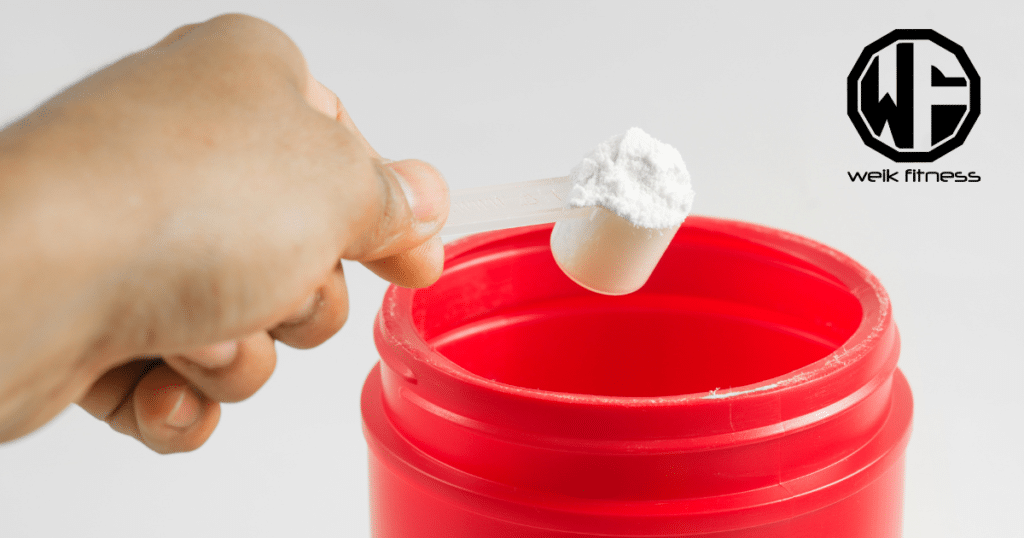
To wrap this all up, creatine hydrocloride offers enhanced absorption and bioavailability compared to monohydrate. It provides optimal support for muscle building and athletic performance.
One such product that has been out forever has been Con-Cret creatine HCL. Consider selecting this patented creatine HCl formula for maximizing your fitness goals.
If you want a supplement that contains creatine HCl, consider trying one of the following creatine powders:
· Con-Cret
If you want some extra reading on creatine as a whole, check out the links below that we’ve published on creatine:
- The Best Creatine on Amazon [2024 Top 10 Edition]
- What Happens If You Miss Taking Your Daily Creatine Dose?
- What Are the Benefits of Creatine and Should You Take It?
- Creatine For Neurological Health
- Creatine for Women: What’s the Most Effective Type?
- Creatine Monohydrate 101: The Research Behind a Phenomenon
Creatine HCl FAQs
Creatine HCl, or hydrochloride, stands out because it’s more easily absorbed by your body than creatine monohydrate. This means you get the muscle-building benefits without needing as much product.
This powerhouse supplement supports your muscles during high-intensity exercise, helping to increase muscle mass and boost energy levels. It’s all about giving your cells the fuel they need for those gains.
Yes, taking a daily dose of creatine HCl can help maintain optimal creatine stores in your muscles, ensuring you’re always ready to hit those workout goals hard.
Thanks to its enhanced absorption rate, Creatine HCl is less likely to cause the unpleasant side effects some experience with standard creatine supplements — like bloating or digestive issues.
Unflavored creatine HCl powder mixes seamlessly into your beverage of choice without altering the taste — making it super easy to incorporate into your daily routine.
For prime effectiveness, scoop up that serving before you dive into a workout session — this timing helps ensure that energy and performance are at their peak when you need them most.
Creatine HCl Sources
- https://www.ncbi.nlm.nih.gov/pmc/articles/PMC8912867/
- https://www.ncbi.nlm.nih.gov/pmc/articles/PMC3407788/
- https://www.sciencedirect.com/science/article/abs/pii/S0765159719302011
- https://jissn.biomedcentral.com/articles/10.1186/s12970-021-00412-w
- https://en.wikipedia.org/wiki/Creatine
- https://www.healthline.com/nutrition/what-is-creatine
- https://www.fda.gov/media/143525/download
- https://www.healthline.com/nutrition/types-of-creatine
- https://www.healthline.com/nutrition/creatine-pros-and-cons
- https://www.researchgate.net/publication/373931035_Can_Creatine_Hydrochloride_be_an_Alternative_Molecule_to_Creatine_Monohydrate_for_Athletes_with_Weight_Gain_Restrictions
- https://scholarworks.boisestate.edu/cgi/viewcontent.cgi?article=2454&context=td
- https://pubmed.ncbi.nlm.nih.gov/34199588/
- https://www.ncbi.nlm.nih.gov/pmc/articles/PMC8401986/


*Disclosure: This article may contain affiliate links or ads, which means we earn a small commission at no extra cost to you if you make a purchase through these links. These commissions help support the operation and maintenance of our website, allowing us to continue producing free valuable content. Your support is genuinely appreciated, whether you choose to use our links or not. Thank you for being a part of our community and enjoying our content.
PLEASE CONSIDER SHARING THIS ON YOUR SOCIAL MEDIA TO HELP OTHERS LEARN MORE ABOUT THIS TOPIC. SIMPLY CLICK BELOW!

